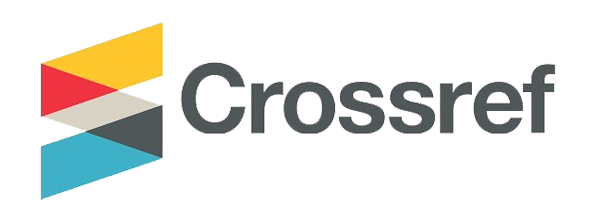The Influence of Peer Relationships on School Truancy Behavior at MTsN 2 Aceh Besar
DOI:
https://doi.org/10.51178/ce.v6i2.2532Keywords:
Peer Relationships, Truancy Behavior , Classical GuidanceAbstract
This study aims to determine the influence of peer relationships on truancy behavior of students at MTsN 2 Aceh Besar. The background of the study is based on the phenomenon of increasing truancy behavior which is strongly suspected to be influenced by the social environment, especially peers. This quantitative study uses a descriptive correlational method. The population in the study were all students in grades VIII-4 totaling 33 students and were used as samples through total sampling techniques. Data were collected using a questionnaire that had been tested for validity and reliability. The results of data analysis showed that there was a positive and significant relationship between peer relationships and truancy behavior with a Pearson correlation coefficient value of 0.484 (Sig. = 0.004) and a Spearman correlation test of 0.397 (Sig. = 0.022). The average score of peer relationships after being given classical services was 52.94, while the average score of truancy behavior was 56.76. These results indicate that the higher the influence of peer relationships, the higher the tendency of students to skip school. This shows that peer groups have a significant role in shaping student behavior, both positive and negative. This study also shows that classical guidance services can contribute to improving student social patterns, which has an impact on reducing the tendency to skip school. Therefore, the involvement of BK teachers in providing appropriate services is very necessary to help students form healthy relationships and support their learning process at school.
Downloads
Published
How to Cite
Issue
Section
License
Copyright (c) 2025 Maulidya Harza, Wanty Khaira

This work is licensed under a Creative Commons Attribution 4.0 International License.
















